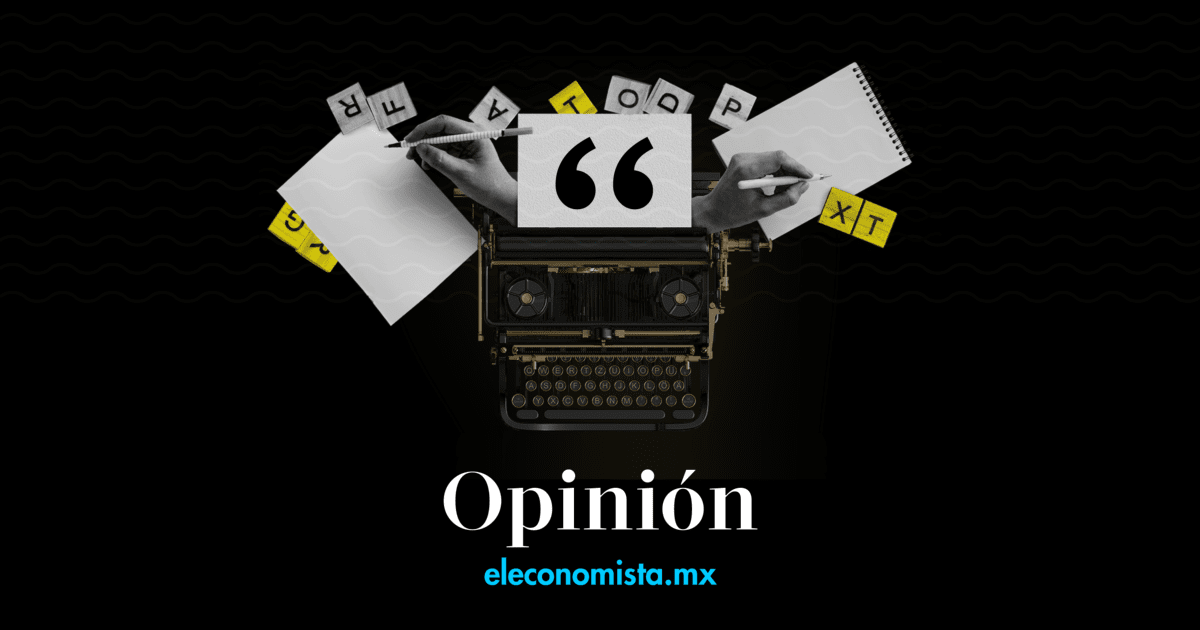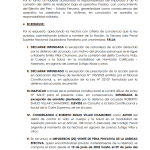Banxico weakened in its monetary policy credibility, the United States in the process of recession, and the Mexican authorities weakening the relationship with the northern country. What a combination.
Two themes that have always been pillars in the most critical moments of the Mexican economy, today are blurred, and even for analysts and authorities, weakened.
As far as Banxico is concerned. His credibility has been put in a dilemma, says Francisco Gutiérrez, managing partner of Economic Intelligence. It is not for less if we consider aspects such as the change in the Governing Board, the lack of experience of the president of the Governing Board, Victoria Rodríguez Ceja, in monetary policy and in the operation of the financial system.
In addition to this, monetary policy in our country is much less effective, financial intermediation is relatively low as a proportion of GDP, compared to credit vs. GDP it is 45%, while in countries such as Canada and the US it is 150 or 200%, which means that each time the monetary policy moves its rate through the instrument of the interest rate, the impact is less proportional and the benefits for a country are at the same level.
It is true that the Central Banks of many countries are entering timid and late because inflation has been very virulent, but, added to this, in Mexico inflation has many components, where the indiscretion of the relationship between the Federal Government and Banxico has generated a loss of credibility in the conduct of monetary policy.
Or how to explain that Banco de México in its last report revised its inflation expectation from 8.5 to 10.5, a huge forecast error, which makes it lose credibility, and leaves the market without serious forecasts to make medium and short-term projections.
If we add to this that in Mexico we have public finance problems, says Francisco Gutiérrez, given the terrible waste of taxes on spending, via electoral clientele, not even the remittances that have been growing will be the best ally.
On the contrary, by having 100% growth, and going from representing 25 billion dollars to 55 billion dollars, it becomes an inexplicable issue, where illegality becomes perceptible and dangerous for the Mexican economy.
And to top it off, the United States anticipates a recession that will undoubtedly hit the Mexican economy.
With inflation above 8.5% in the neighboring country, it is not for less. The dependence of the Mexican economy on the neighboring country will now play against it. Mexico has not made the best decisions to attract investment, and is not generating more sources of employment or capital inflows.
Even for Larry Rubin, president of the North American society in Mexico, decisions have been made on national soil that affect economic stability, as it has been; that of not participating in the Summit of the Americas, supporting countries that are not democracies, and continuing to shake certainty on other important issues, such as the case of energy.
And, although Mexico has elements that continue to make it attractive, the relationship with the neighboring country to the north dates back 200 years, and does not depend on a Federal Government, North American companies are already turning to see Canada as an attractive country in the face of stability, advances in energy and the legal certainty it offers. Could it be that in Mexico they want to redirect things? Or not like that.
driver
Health, money and business
Co-founding partner, and host of the radio program Salud, Dinero y amor. Finance, business, economics, and wellness program.
















